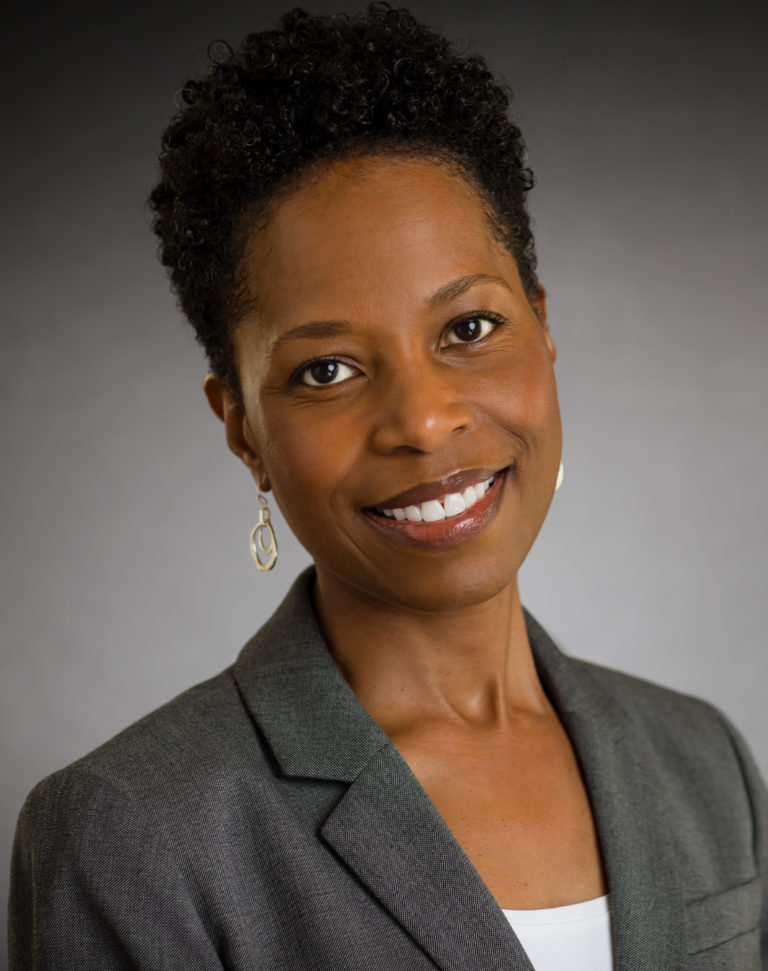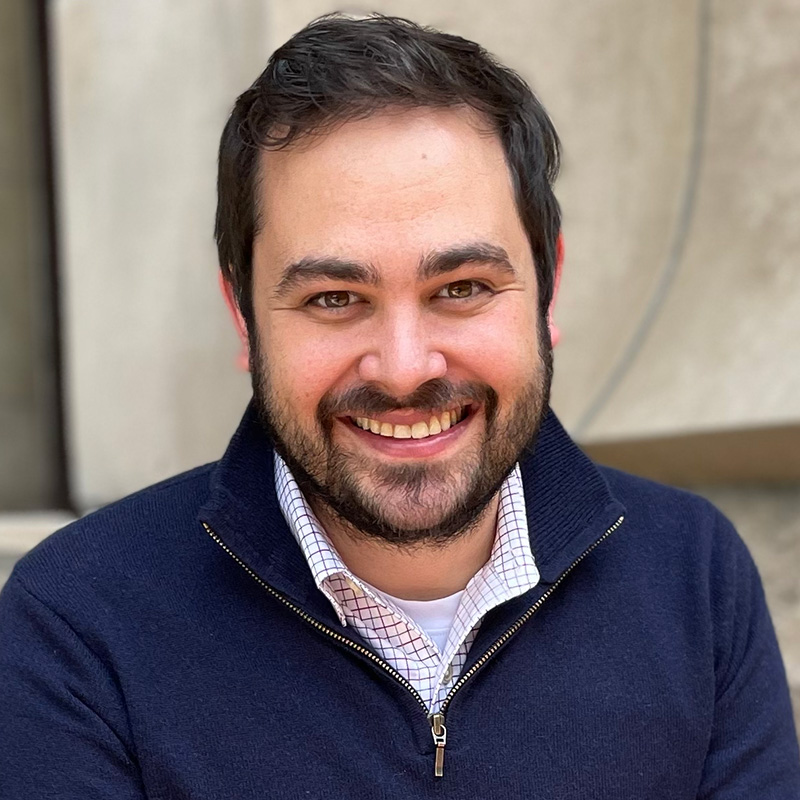Date: Wednesday, July 20, 2022, 2:00 – 2:45 PM ET
Webinar Description:
U.S. Law schools have begun to offer various certificate programs, advanced degrees, and specialized executive education in the area of cybersecurity law and policy. As Professor Robert Chesney notes, while the subject’s evolving nature invites creativity, “the same quality makes it difficult to decide what to cover, what learning objectives to set, and which reading assignments to use.” This session hopes to provide those considering cyber legal pedagogy with useful resources and tools for preparing and designing their courses. The proposed session will be based on Professor Lubin’s forthcoming book to be published by Edward Elgar in 2023
Learning Objectives:
Click Here to Watch the Webinar Replay

April G. Dawson, J.D., Associate Dean of Technology and Innovation and Professor of Law, North Carolina Central University School of Law
April Dawson, a California native, received her undergraduate degree in Computer Science from Bennett College in 1988 and was a computer programmer before attending law school. Professor Dawson graduated cum laude from Howard University School of Law in 1994. While at Howard, she was an editorial board member of the Howard Law Journal and a member of the National Moot Court Team.
After law school, Professor Dawson joined the Civil Division of the U.S. Department of Justice through its Attorney General’s Honors Program. While at the Department of Justice, she argued cases before the United States Courts of Appeals for the Fifth, Seventh, and Ninth Circuits.
In 1996, she served as a law clerk to the Honorable Emmet G. Sullivan of the U.S. District Court for the District of Columbia. Following her clerkship, she worked as a litigation associate at a Washington, D.C. firm. While at the firm, she was also an adjunct legal writing professor at the George Washington University School of Law.
She relocated to North Carolina in 1999 to start a private law practice dedicated to the representation of employees in cases involving sexual harassment, discrimination, and other employment-related disputes. She joined NCCU School of Law as a full-time faculty member in 2006, where she currently teaches in the areas of Constitutional Law, Supreme Court Practice, Administrative Law, Voting Rights, and Law and Technology. She has been voted Teacher of the Year by both the day and evening students.
Professor Dawson’s current areas of research, writing, and speaking include legal pedagogy, the use of technology in legal education, and Law and Technology. As chair of the webinar committee of the AALS Section on Technology, Law and Legal Education, Professor Dawson organized the inaugural 2019 Summer Webinar Series, and was also a presenter for two of the webinar sessions: Teaching with Technology for Maximum Student Engagement and Tech Productivity Tips for Law Faculty. Professor Dawson also organized the 2020 Summer Webinar Series, and presented a webinar session titled, The Paperless Law Prof. Professor Dawson was the recipient of the 2021 Technology, Law and Legal Education Section Award.
Professor Dawson was a presenter at the ABA TECHSHOW 2020, where she served on two panels: Skills Building: Best Practices for Teaching Tech to Law Students and Tech Forward: New Jobs for New Lawyers. Professor Dawson is scheduled to present at the ABA TECHSHOW 2021 and will present: Law of Technology vs. Law Practice Technology Courses: Who Should Teach and How to Design.
Professor Dawson also co-hosts the Legal Eagle Review radio show, which airs every Sunday evening on WNCU 90.7 FM and is available on iTunes.
 Asaf Lubin, Associate Professor of Law, Indiana University Maurer School of Law and a Fellow at IU’s Center for Applied Cybersecurity Research (CACR)
Asaf Lubin, Associate Professor of Law, Indiana University Maurer School of Law and a Fellow at IU’s Center for Applied Cybersecurity Research (CACR)
Dr. Asaf Lubin is an Associate Professor of Law at Indiana University Maurer School of Law and a Fellow at IU’s Center for Applied Cybersecurity Research (CACR). He is additionally an affiliated fellow at Yale Law School’s Information Society Project, a Faculty Associate at the Berkman Klein Center for Internet and Society at Harvard University, and a visiting Scholar at the Hebrew University of Jerusalem Federmann Cyber Security Research Center.
Dr. Lubin’s research centers around the intersection of law and technology, particularly as it relates to the regulation of cybersecurity harms, liabilities, and insurance as well as policy design around governmental and corporate surveillance, data protection, and internet governance. His work draws on his experiences as a former intelligence analyst, Sergeant Major (Res.), with the IDF Intelligence Branch as well as his vast practical training and expertise in national security law and foreign policy. Dr. Lubin’s work additionally reflects his time spent serving as a Robert L. Bernstein International Human Rights Fellow with Privacy International, a London-based non-for-profit devoted to advancing the right to privacy in the digital age and curtailing unfettered forms of governmental and corporate surveillance.
Prior to joining the Maurer School of Law in 2020, Dr. Lubin held numerous academic and governmental positions, including as an affiliate at the Berkman Klein Center for Internet and Society at Harvard University, as a cybersecurity policy postdoctoral fellow at the Fletcher School of Law and Diplomacy at Tufts University, as an expert contributor to the United Nations Office of Drugs and Crime (UNODC) Group for the Education for Justice (E4J) Module Series on Cybercrime, as an articled clerk for the International Law Division of the Israeli Ministry of Foreign Affairs Office of the Legal Advisor, and as an assistant to the Turkel Public Commission of Inquiry into the Maritime Incident of May 31, 2010 established under the Israeli Prime Minister’s Office.
Dr. Lubin holds a dual degree in law and international relations (LLB/BA, magna cum laude, ’14) from Hebrew University of Jerusalem, and a Master of Laws (LLM, ’15) and a Doctor of the Science of Law (JSD, ’20) degrees from Yale Law School. He additionally attended The Hague Academy of International Law and interned for the United Nations International Criminal Tribunal for the Former Yugoslavia. Dr. Lubin has previously written on and taught seminars in public and private international law, cybersecurity and cyber risk management, torts law, international human rights and humanitarian law, and criminal procedure and counterterrorism. He has published with the Harvard International Law Journal, the Harvard National Security Journal, the Yale Journal of International Law, and the Chicago Journal of International Law, and written for Just Security and Lawfare.